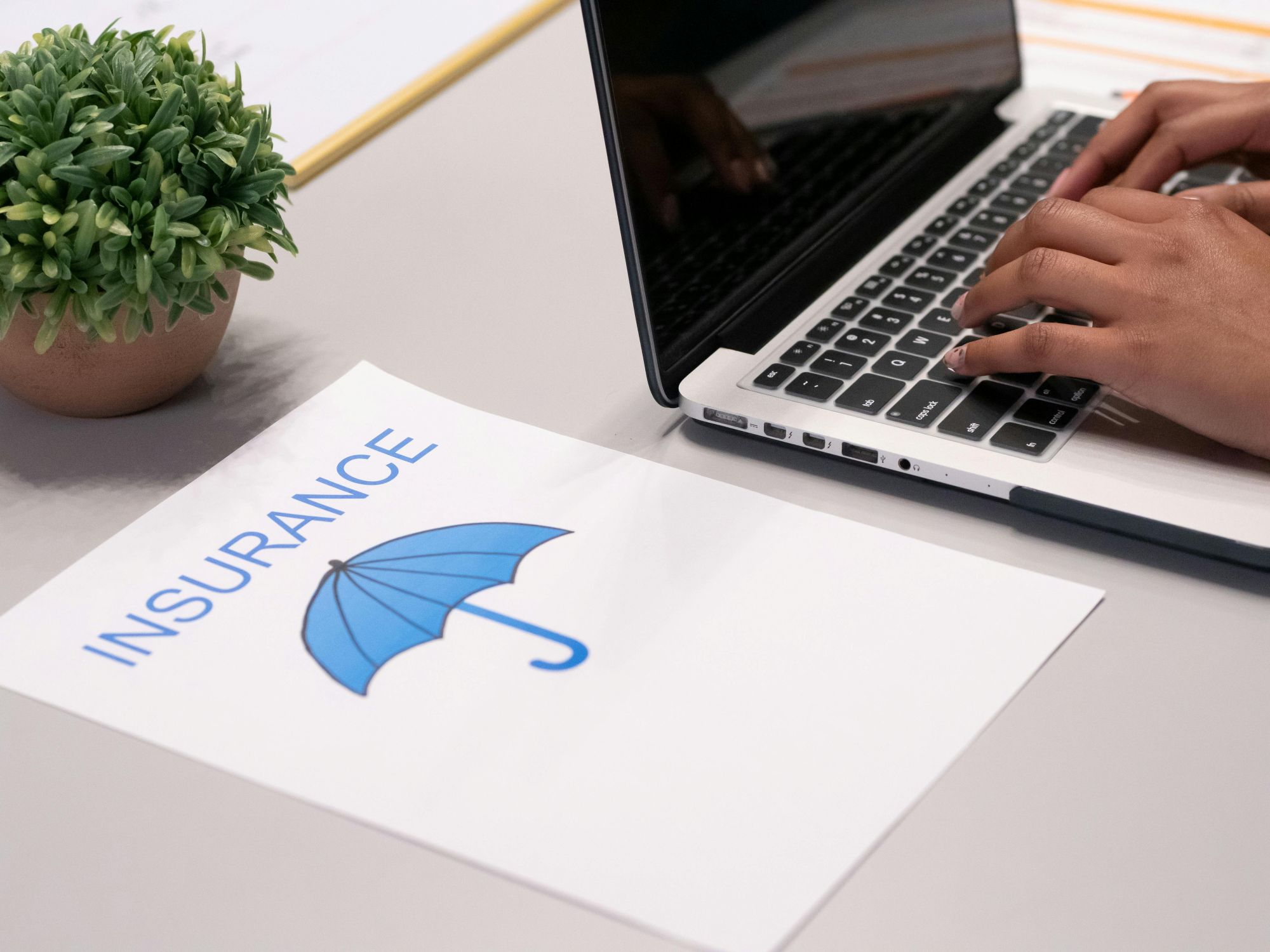
Getting finance for a business vehicle is a huge victory! Whether it’s a tow truck, box truck, dump truck, or semi-truck, you’ve made a significant initial move in expanding your company. However, there is still one important component to complete before you drive: insurance. |
Protecting your business, your livelihood, and, most of the time, your ability to fulfill the terms of your finance agreement are all more important than simply keeping your car safe.
Why You Need Insurance Right After Financing
The moment you finance a commercial vehicle, you’re entering into a legal and financial agreement that typically requires you to carry specific types of insurance. Here’s why:
1. It’s Required by Your Lender
Almost every commercial vehicle financing agreement includes a clause requiring full coverage insurance, which typically includes physical damage coverage (comprehensive and collision), liability insurance, and, depending on your business type, cargo and/or general liability coverage. Lenders require this because they have a financial stake in the vehicle until it’s paid off, and insurance ensures that both you and the lender are protected from major financial loss if the truck is damaged, destroyed, or involved in an accident.
2. It’s the Law
Most states legally require commercial vehicles to carry minimum liability coverage—and in many industries, additional coverage is needed to comply with federal or local regulations. Skipping insurance can lead to massive fines, impoundments, and revoked operating authority.
3. It Protects Your Investment
Your truck is an income-generating asset for you and your business. One accident without the right coverage could put your entire business at risk. Insurance isn’t just another monthly bill—it’s a critical layer of protection for your future goals.
What Type of Insurance Do You Need?
Your exact insurance requirements will depend on the type of truck you’ve financed, what you’re hauling, and how you use it. Common policies include:

When Should You Get Insurance?
Most lenders won’t release the vehicle or finalize funding until they receive proof of insurance (with them listed as the lienholder). It’s best to shop for insurance while you’re finalizing your financing paperwork, not after.
Pro Tip: Bundle Insurance and Financing Strategy
Certain financing partners, such as TrueCore Capital, provide recommendations for reliable insurance companies that are knowledgeable about the commercial transportation sector. They can put you in touch with agents who provide quick service and cheap rates, saving you time while you wait for coverage.
Getting a commercial vehicle loan is a big step, but insurance is what keeps your company moving forward and safeguards your investment. Do not consider it an afterthought. By getting the proper coverage from the start, you’ll safeguard your truck, your company, and your peace of mind in addition to fulfilling the requirements of your loan.
Ready to Start Your Journey? Give us a call at (805) 422-7342
 or submit a quick contact form below and one of our specialists will reach out to you shortly.
or submit a quick contact form below and one of our specialists will reach out to you shortly.